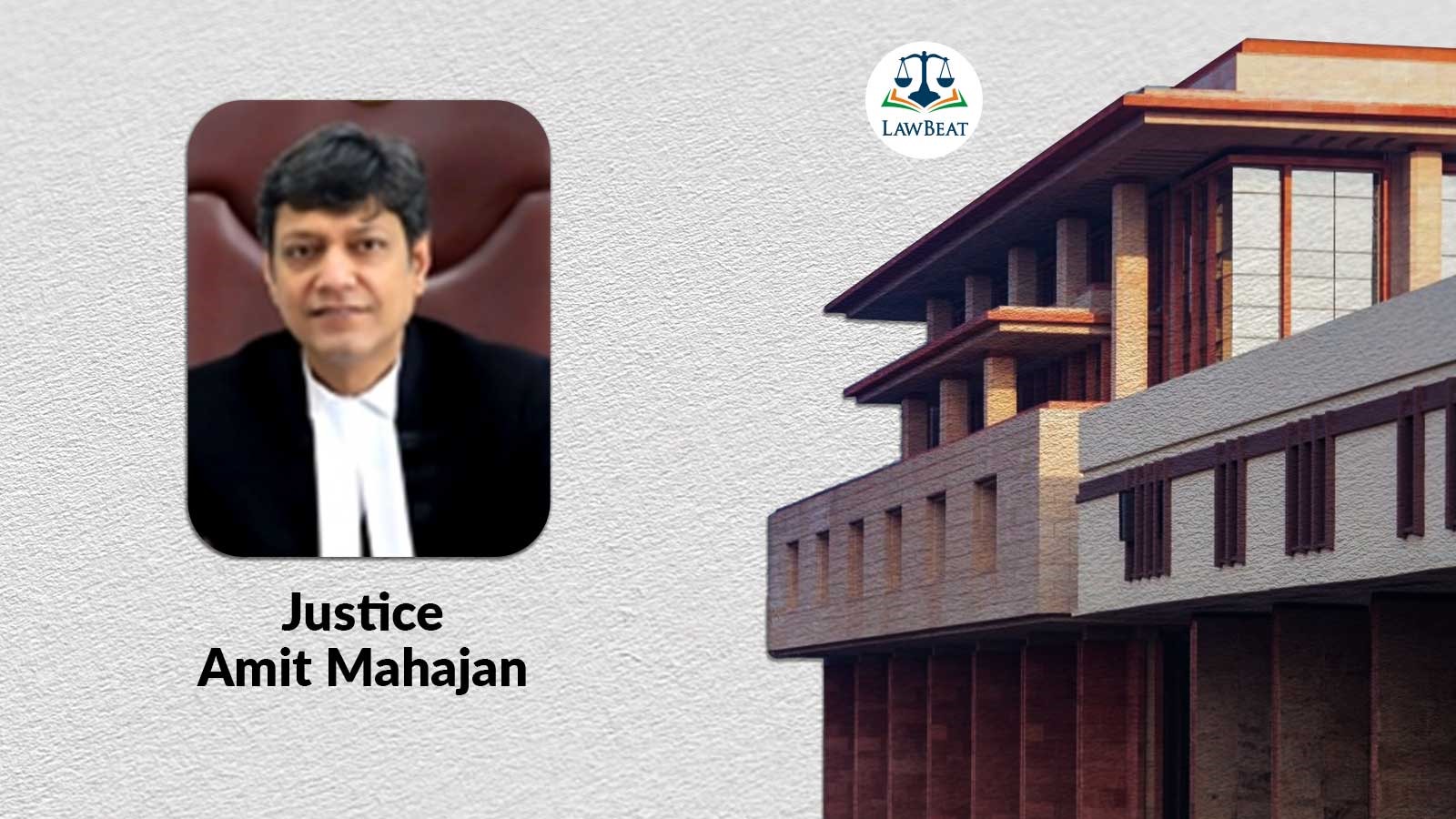‘Victim's Statement Does not Inspire Confidence’: Delhi HC Grants Bail To Father Accused Of Raping Daughter

There was an ongoing matrimonial dispute between the accused father and the victim's mother, with several litigations pending. The FIR was filed after a 24-day delay
Recently, the Delhi High Court while granting bail to a father accused of raping his daughter noted that the statement of the daughter did not inspire confidence. The court stressed the need for careful examination of the statements of child victims, recognizing their vulnerability to being influenced especially if there are ongoing disputes between the parents.
The bench of Justice Amit Mahajan held, “The delay between the alleged incident and the filing of the complaint, and the fact that the mother of the victim and the applicant who also happens to father of the victim, are litigating against each other due to matrimonial acrimony cannot be ignored by the Court while deciding the application for bail”.
The order was passed in an application seeking pre-arrest bail in a case filed under the Protection of Children from Sexual Offences Act, 2012 (POCSO). The applicant sought bail after an FIR was lodged by his daughter accusing him of attempting to commit rape on her.
It was alleged that when the victim was asleep, she felt touched inside her clothes but was not in a position to raise an alarm or do anything. She alleged that during this attempt, at around 4:00 am, her mother entered the room, turned on the lights, started shouting, and asked the victim to wear clothes since she was naked.
Advocates Jaideep Malik and Siddharth Soni, representing the applicant, contended that there was an ongoing matrimonial dispute between the applicant and the victim’s mother, with multiple litigations pending in this regard.
Lastly, he submitted that the applicant’s wife had brainwashed their daughter and filed the FIR after a delay of 24 days and the victim had already provided two statements indicating that the applicant had committed no wrong against her.
On the other hand, Additional Public Prosecutor Pradeep Gahalot, representing the State, argued that the victim, in her statement recorded under Section 164 CrPC, maintained that the applicant sexually assaulted her and touched her private parts on the alleged date. He further submitted that the applicant, being the victim’s father, threatened her, which prevented her from giving a statement initially. She later filed the complaint after gaining support from her family members.
The court noted, “The applicant and the mother of the victim have a long history of matrimonial discord”. The court reiterated that, even when considering a bail application after charges have been framed, Section 29 raises the threshold of satisfaction required for granting bail. Therefore, the court needed to assess whether the evidence presented was credible or prima facie supported the prosecution's case.
The court noted that on the alleged date of the offense, the victim's uncle contacted the police, and the complainant provided a written statement to the police affirming that the applicant hadn't committed any wrongdoing towards her. No accusations were made against the applicant during the medical examination, and the victim reiterated to the police that the applicant hadn't sexually assaulted her. However, the victim later changed her stance and accused the applicant for the first time.
The bench highlighted that when determining the application concerning offenses under the POCSO Act, several factors must be considered, including the age of the minor victim compared to the accused, any familial relationship between them, whether the accused has a history of offenses, and the possibility of the accused threatening the victim if granted bail.
“In cases where the victim is a child, her statement has to be scrutinized with great care and caution as children can be easily swayed away and are prone to tutoring. It can also be a possibility that the statement is made at the behest of one of the parents”, the court further emphasized.
The court stressed the need for careful examination of the statements of child victims, recognizing their vulnerability to influence and the potential for statements to be made under parental influence. This is particularly relevant given the societal repercussions and stigma associated with such accusations, especially considering the ongoing conflict between the victim's parents, who have filed multiple complaints against each other.
“Merely, because Section 29 of the Act provides for a statutory presumption, the same does not bind the Courts to accept the prosecution version as gospel truth and the discretion in relation to grant of bail is still to be exercised considering the facts of the case”, the court further added.
The court highlighted that while the testimony of the victim alone can lead to a conviction, confidence in its reliability must be established, which was lacking in this case. The court highlighted that the presumption of guilt is rebuttable, and it is the prosecution's responsibility to provide evidence supporting this presumption.
Furthermore, the court held that while pre-arrest bail shouldn't be granted routinely, the court recognized the humiliation and disgrace associated with arrest and emphasized that custodial interrogation should serve investigative rather than punitive purposes.
The court held, “The presumption of guilt is not absolute and is rebuttable. It is the duty of the prosecution to first establish facts on the basis of the evidence which would form the foundation for the presumption to operate”. While pre-arrest bail orders cannot be routinely granted to shield the accused, the significant stigma of arrest underscores that custodial interrogation serves investigative rather than punitive purposes, the court added.
The court noted that the prosecution did not allege that the applicant, upon being granted interim protection, misused this liberty or failed to cooperate with the investigation. There are no accusations that the applicant poses a flight risk or would tamper with evidence if released on bail.
Accordingly, the court granted bail to the father.
Case Title: Sanjay Khatri v State Of Nct Of Delhi (2024:DHC:4088)
